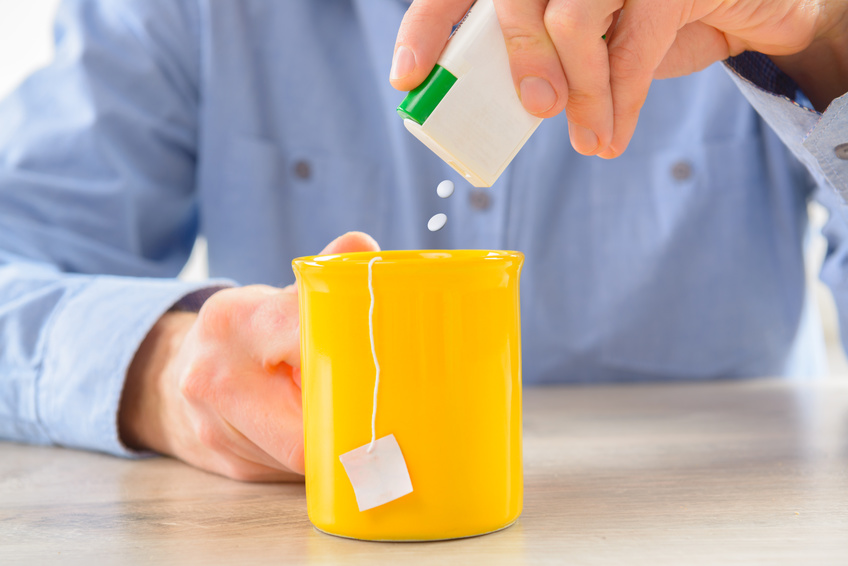
… the not so sweet truth
By this time, we all know that artificial sweeteners are not all they were cracked up to be. We know that they trick our brains into thinking things are sweet, thus making our bodies crave more. We know that they cause migraine headaches, neurological diseases, cancer, and a host of other conditions, but there is another phenomenon on the horizon that is important to know … gut bacteria. In future articles, we will teach you about the expanding body of research on gut bacteria, weight, and disease prevention; however, our focus today will be on the role these chemicals play in disrupting the delicate balance in our gut.
It is hard to stand in a circle of friends and NOT find someone who struggles with gut issues. From chronic constipation or diarrhea to gas, bloating, or acid reflux, it seems that the majority of people have at least one of these conditions, but have you ever stopped to question why this is becoming such a growing problem in our society? You may be a clean eater, but many people don’t even know that artificial sweeteners and sweetener enhancers that are lurking in their “light”, “reduced fat”, or “reduced calorie” foods. Everything from “low sugar” oatmeal to yogurt and Fiber One cereal contain one or more artificial sweeteners. While you (or a good friend who might benefit from this article) may eat a primarily whole food diet, make sure to read any labels for the sweeteners listed below. Gut bacteria are very sensitive to change and can become a completely different colony in less than 24 hours based on stress, environmental factors, and the foods we eat, making it vitally important to choose carefully.
Artificial Sweeteners:
- acesulfame potassium
- alitame
- aspartame
- cyclamate
- Dulcin
- Equal
- Glucin
- kaltame
- mogrosides
- neohesperidin dihydrochalcone
- neotame
- NutraSweet
- Nutrinova
- phenylalanine (often used with aspartame)
- saccharin
- Splenda
- sucralose
- Twinsweet
- Sweet N Low
So … on to artificial sweeteners. Current research in the area of gut bacteria is new, cutting edge, and eye opening, especially in the world of weight loss. What research has discovered is that gut bacteria shares an integral role in not only our disease risk, but also the way in which our bodies either store or burn calories. Several recent studies have found that when mice are given artificial sweeteners, it changed their gut bacteria and caused their bodies to metabolize calories differently. The mice who once metabolized food normally began to store more calories as fat, even when given the same diet as before the administration of the artificial sweetener. What is more disturbing is that when mice are given artificial sweeteners, their ability to metabolize natural sugar is impaired. After a short period of exposure to artificial sweeteners, the studied mice began experiencing abnormally high blood sugars, signifying that their tissues were having a difficult time absorbing the glucose from the blood. This is all being linked to the disruption of gut bacteria.
In the weeks to come, we will be exploring gut bacteria more fully, but I want you to really scrutinize anything you are currently eating for the list of ingredients above. Anything that tastes sweet but looks like it has a low sugar content most likely has some type of artificial sweetener in it, so read carefully. These foods can sneak up on us and cause weight issues to be unnecessarily frustrating.

STEP(S) FOR THIS WEEK:
- Look through any packaged foods you are currently eating and make sure that none of them contain any of the ingredients listed above. These foods are powerful chemicals, not only regarding weight loss, but also in the delicate balance of our gut bacteria.